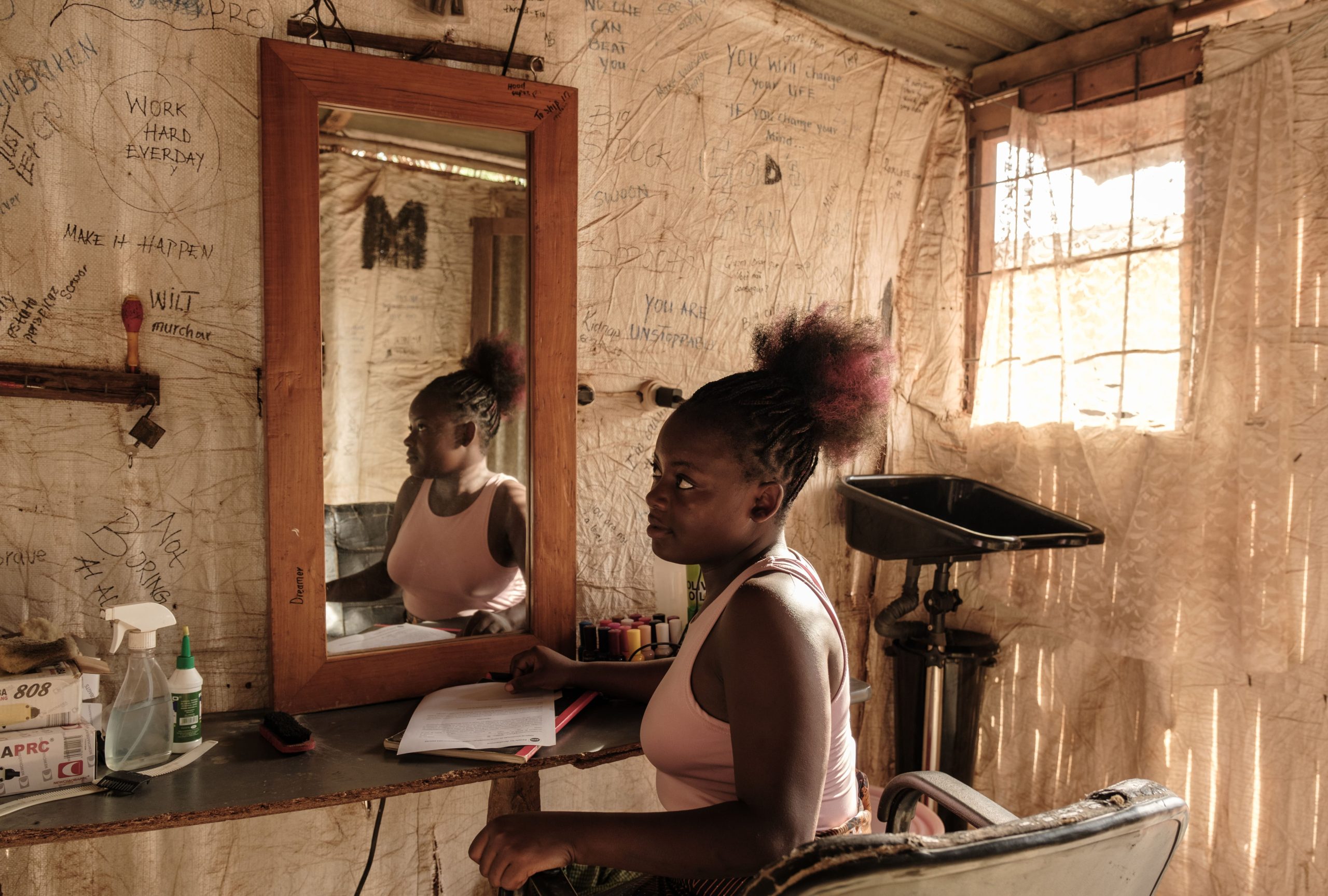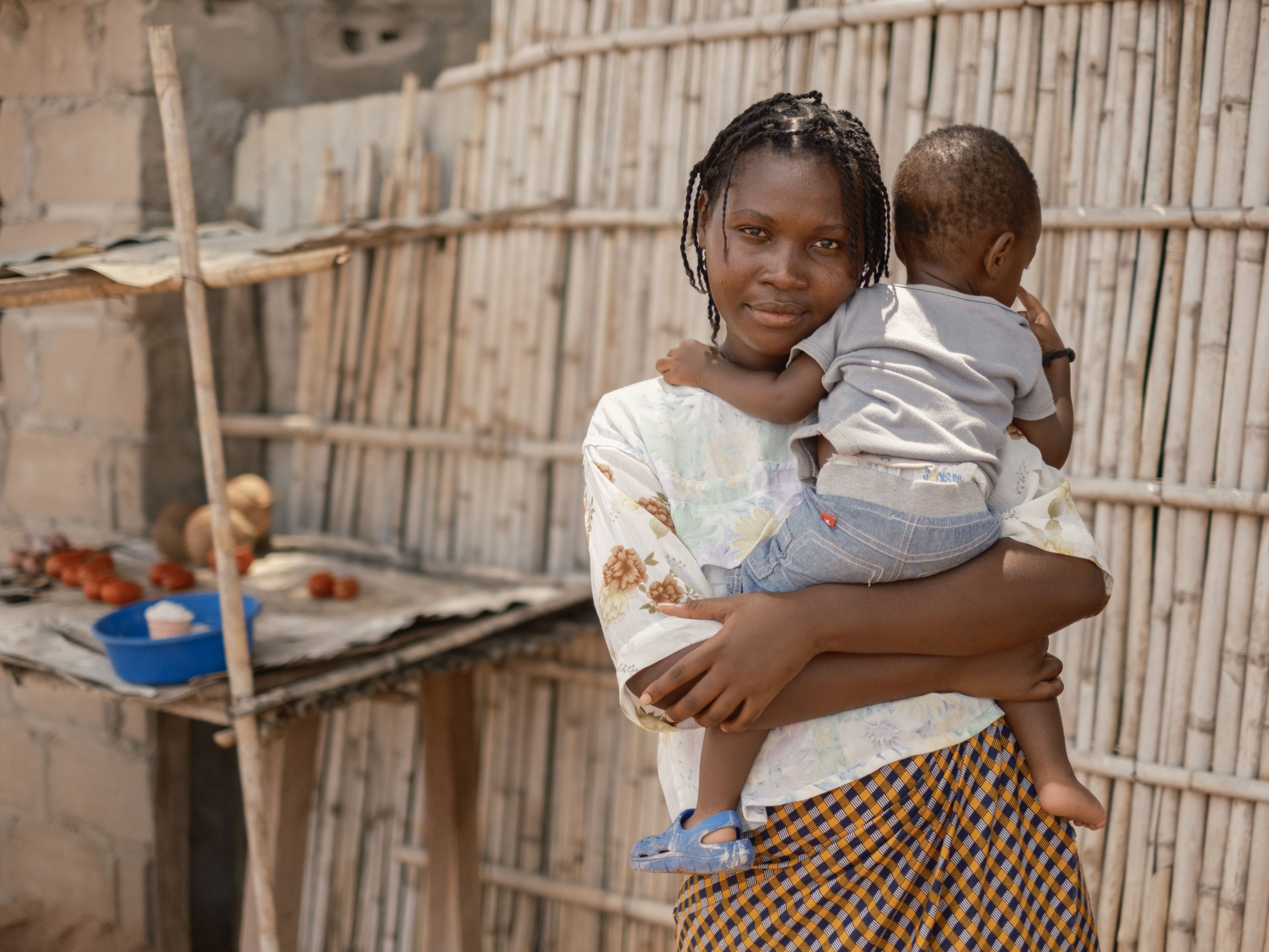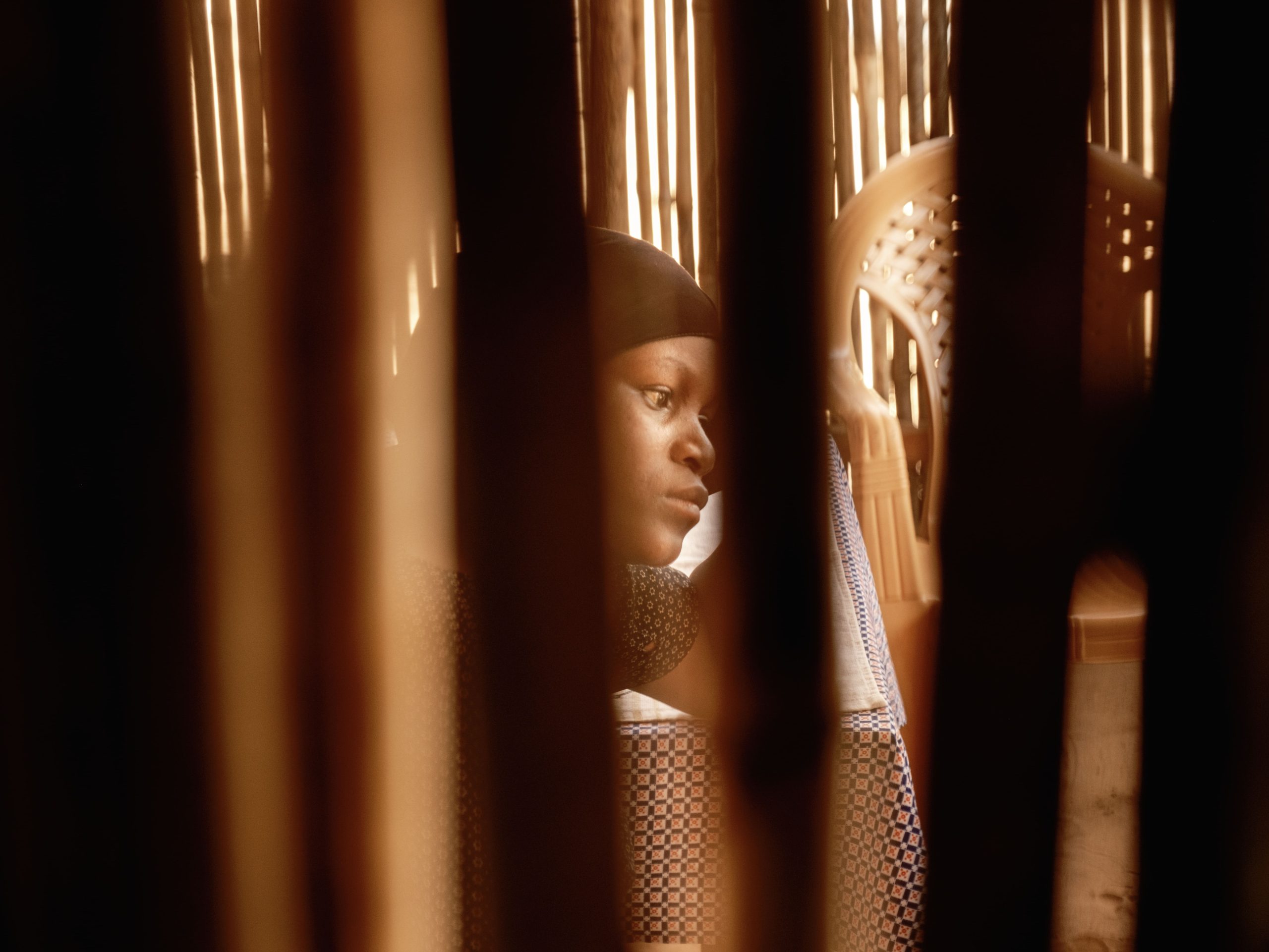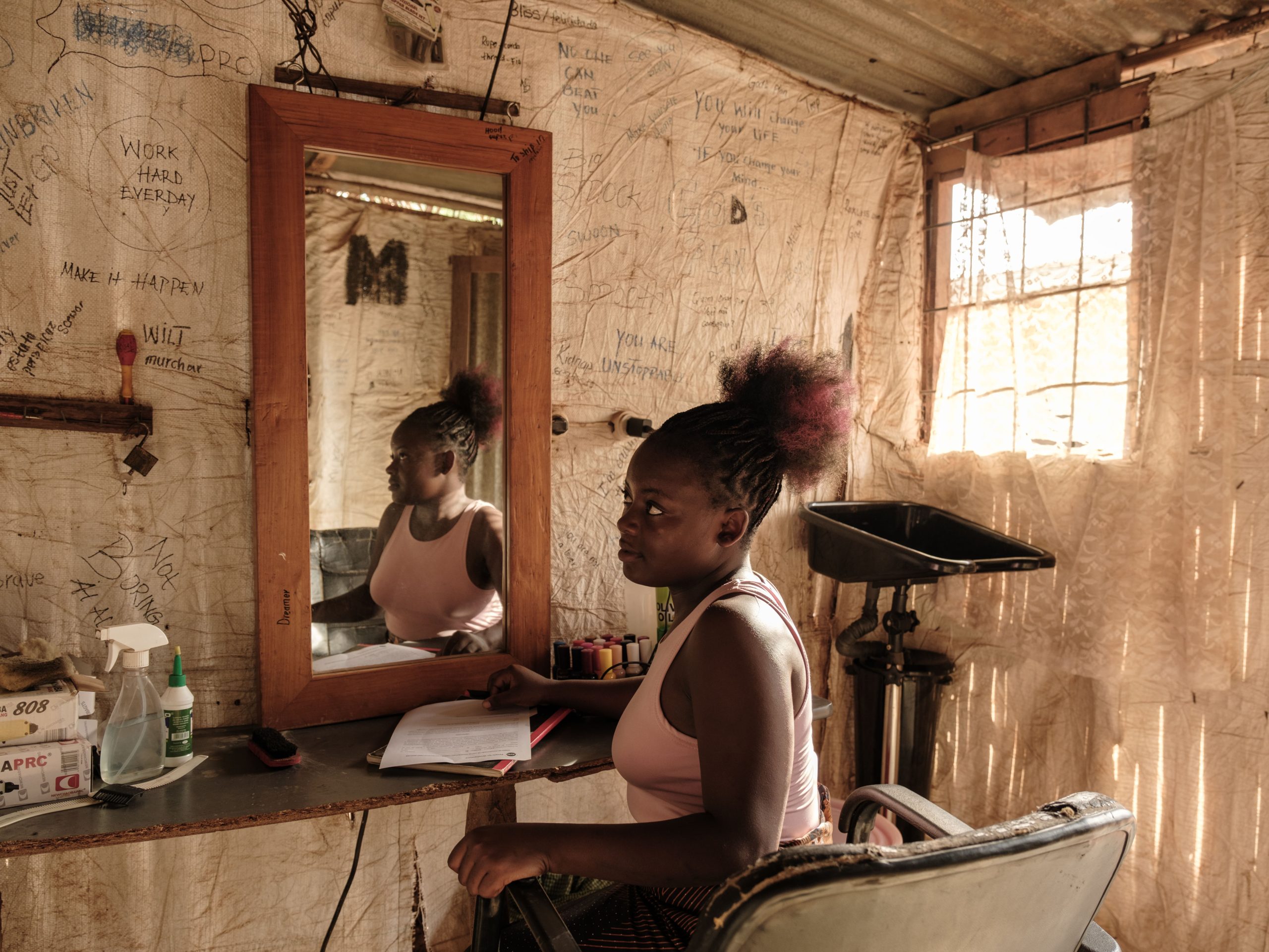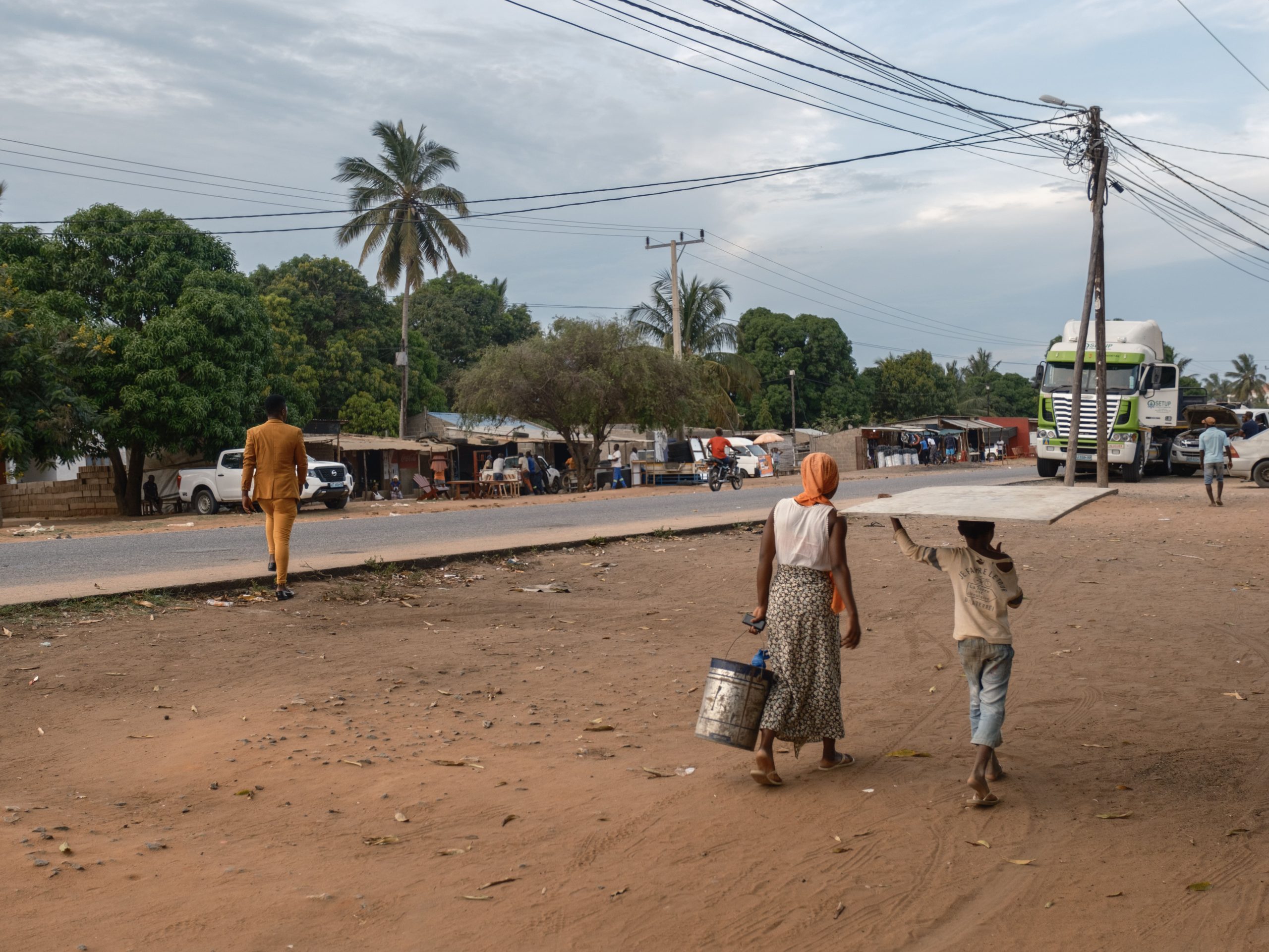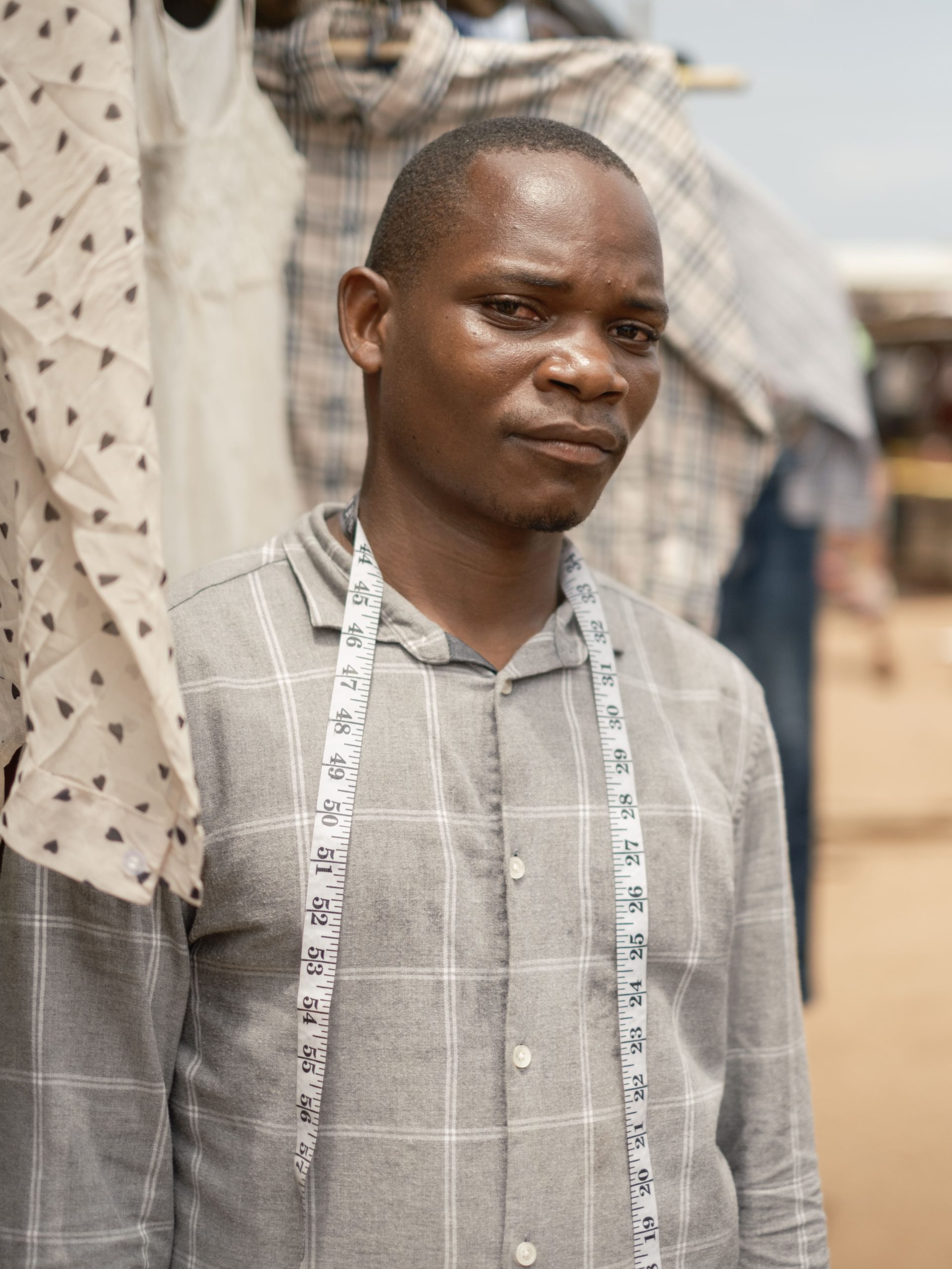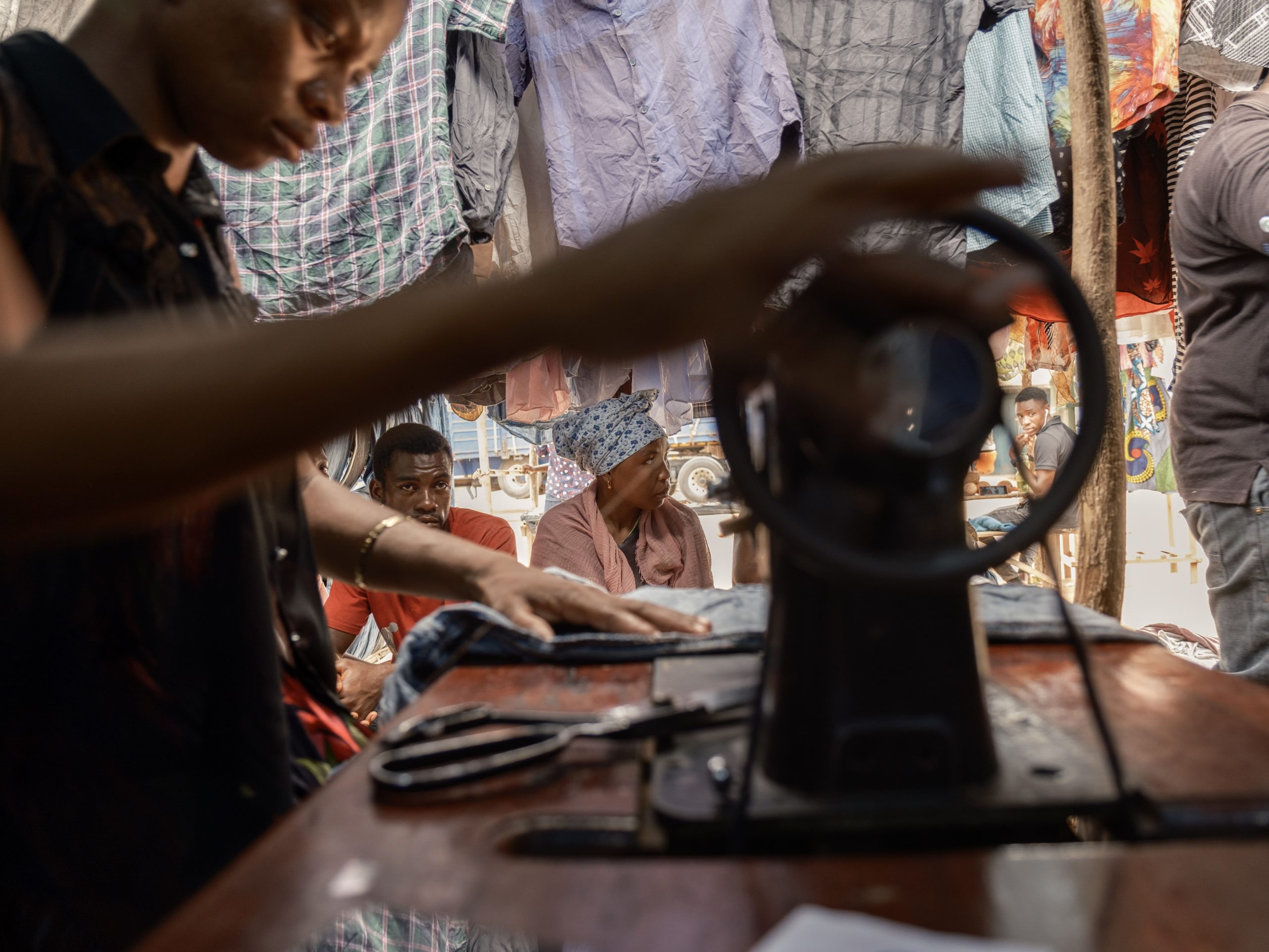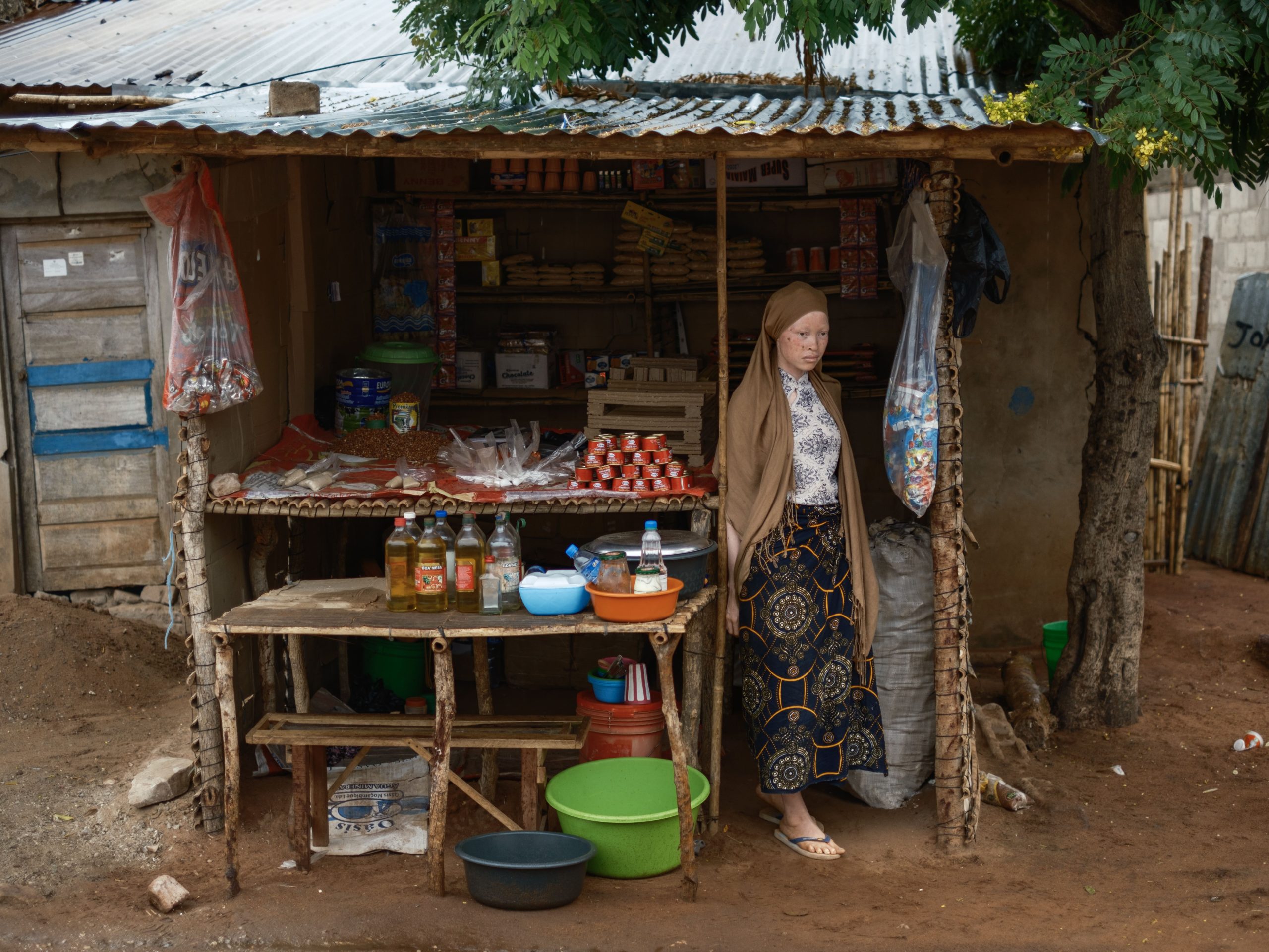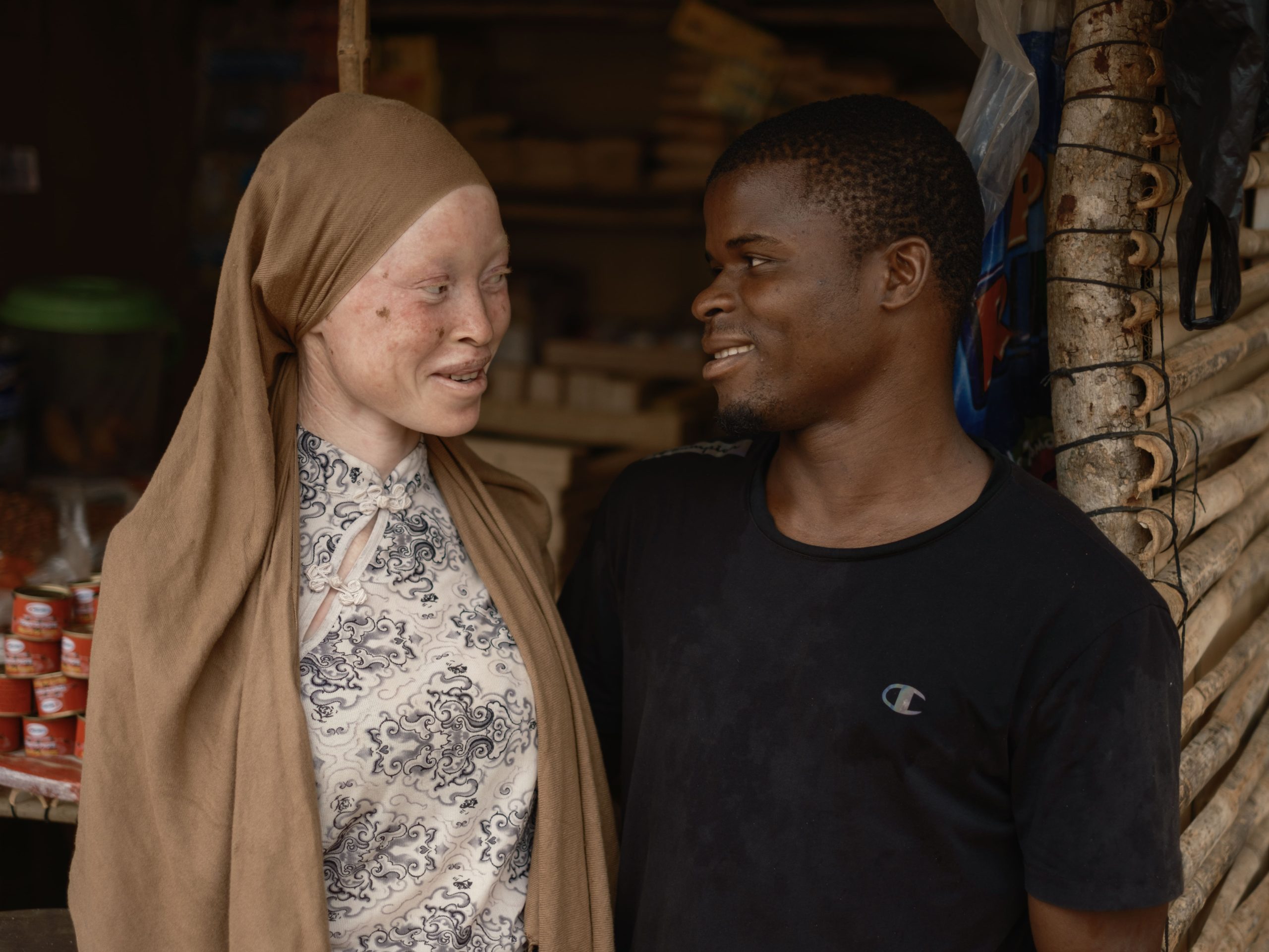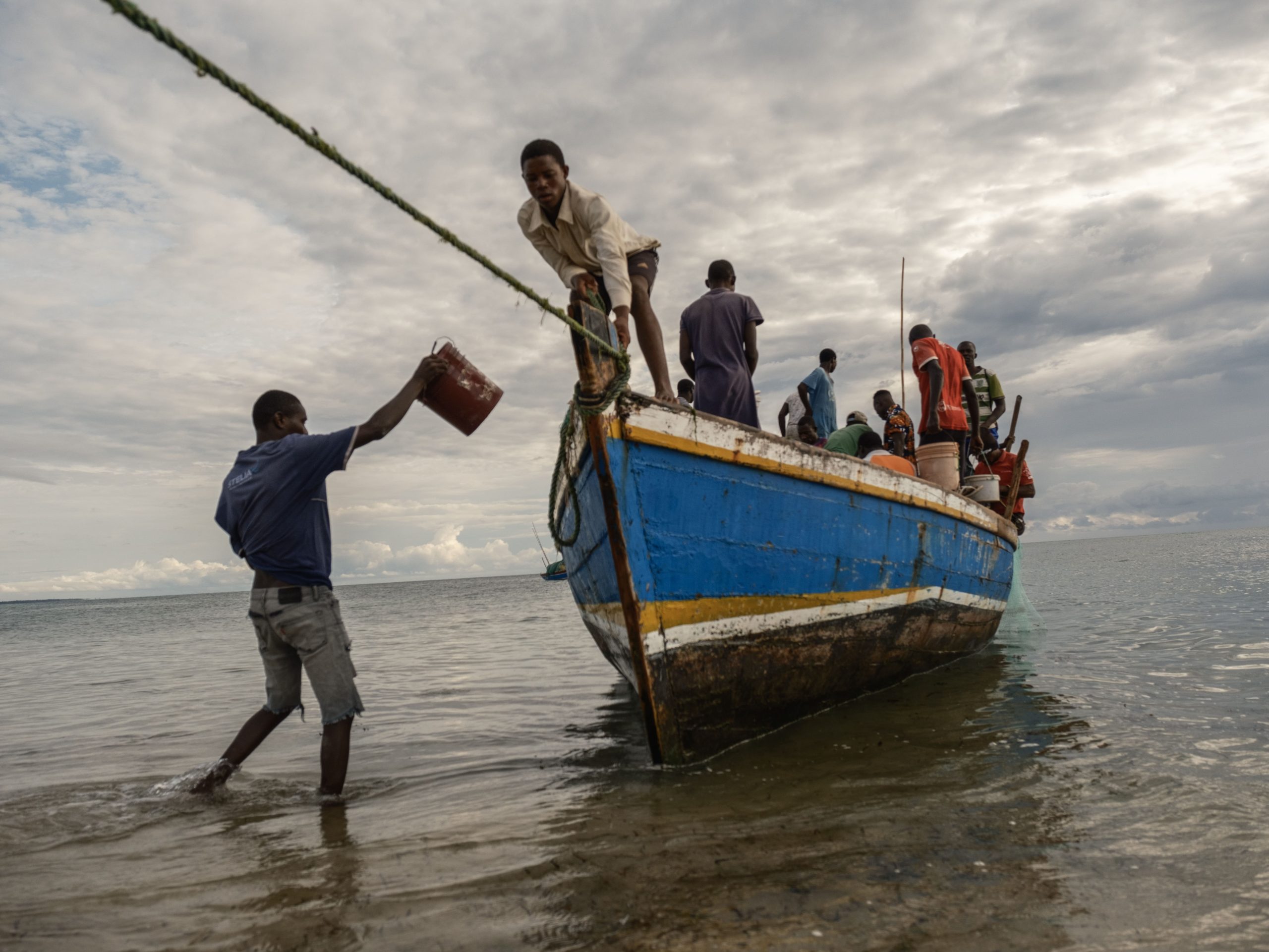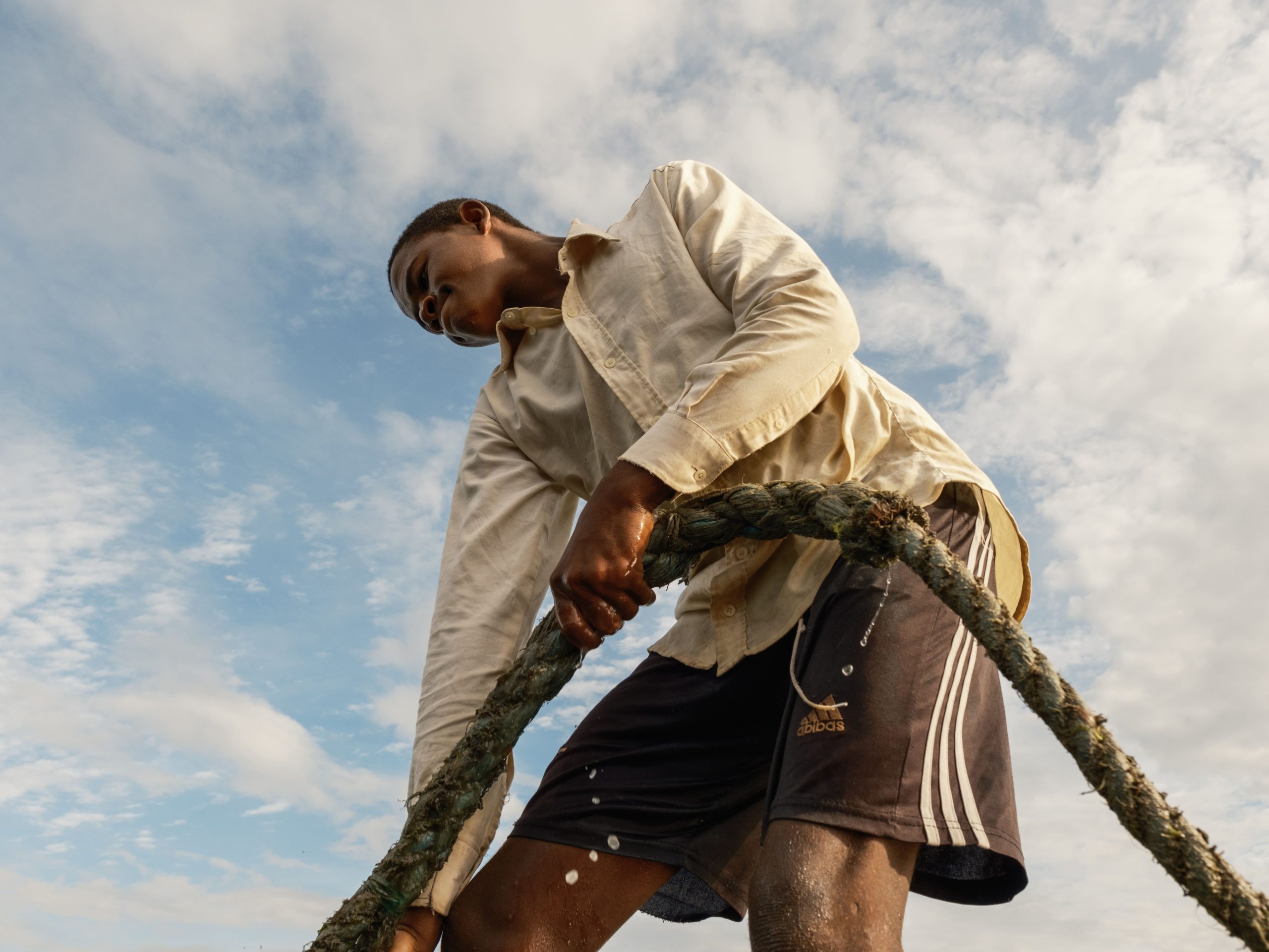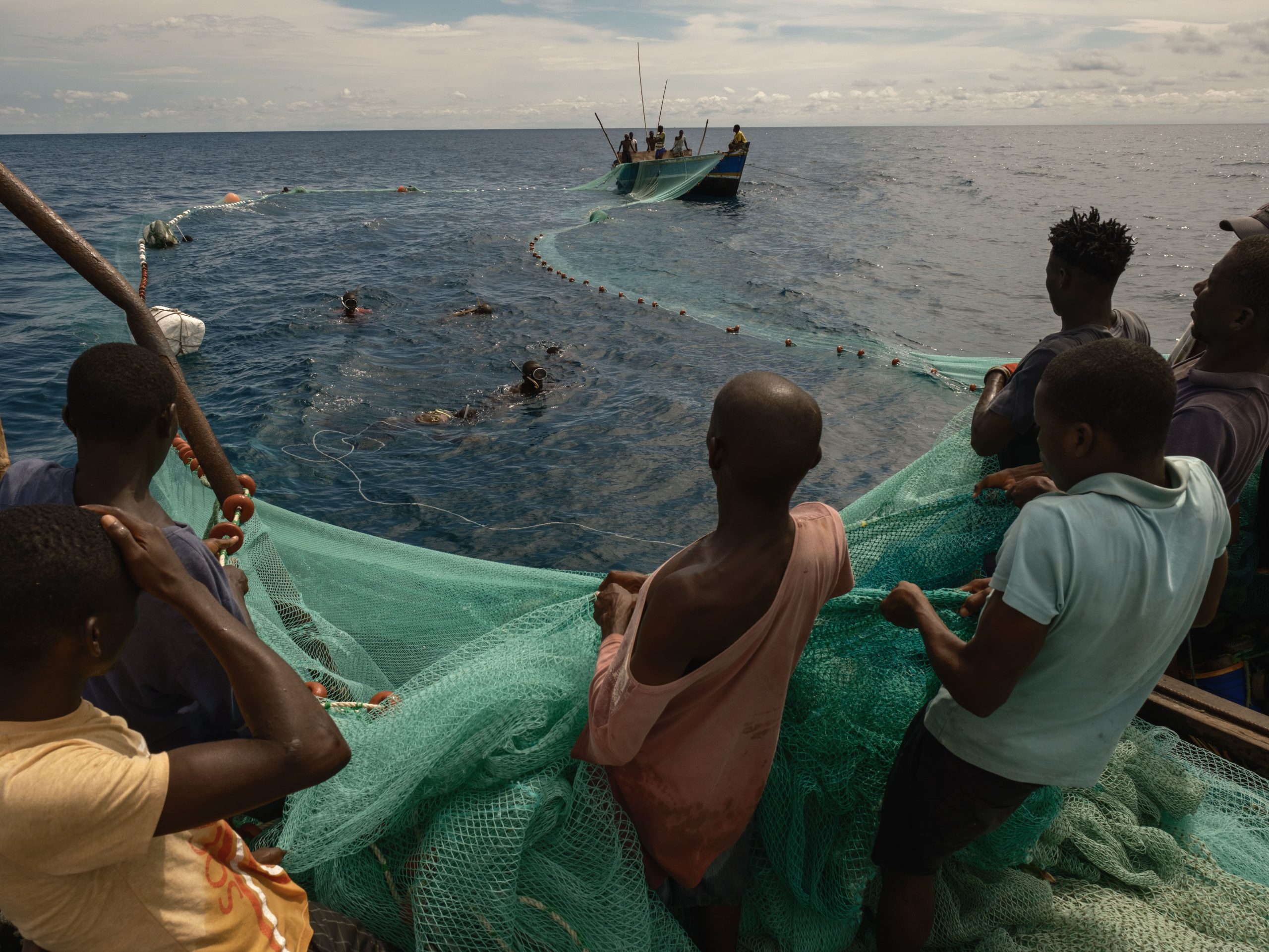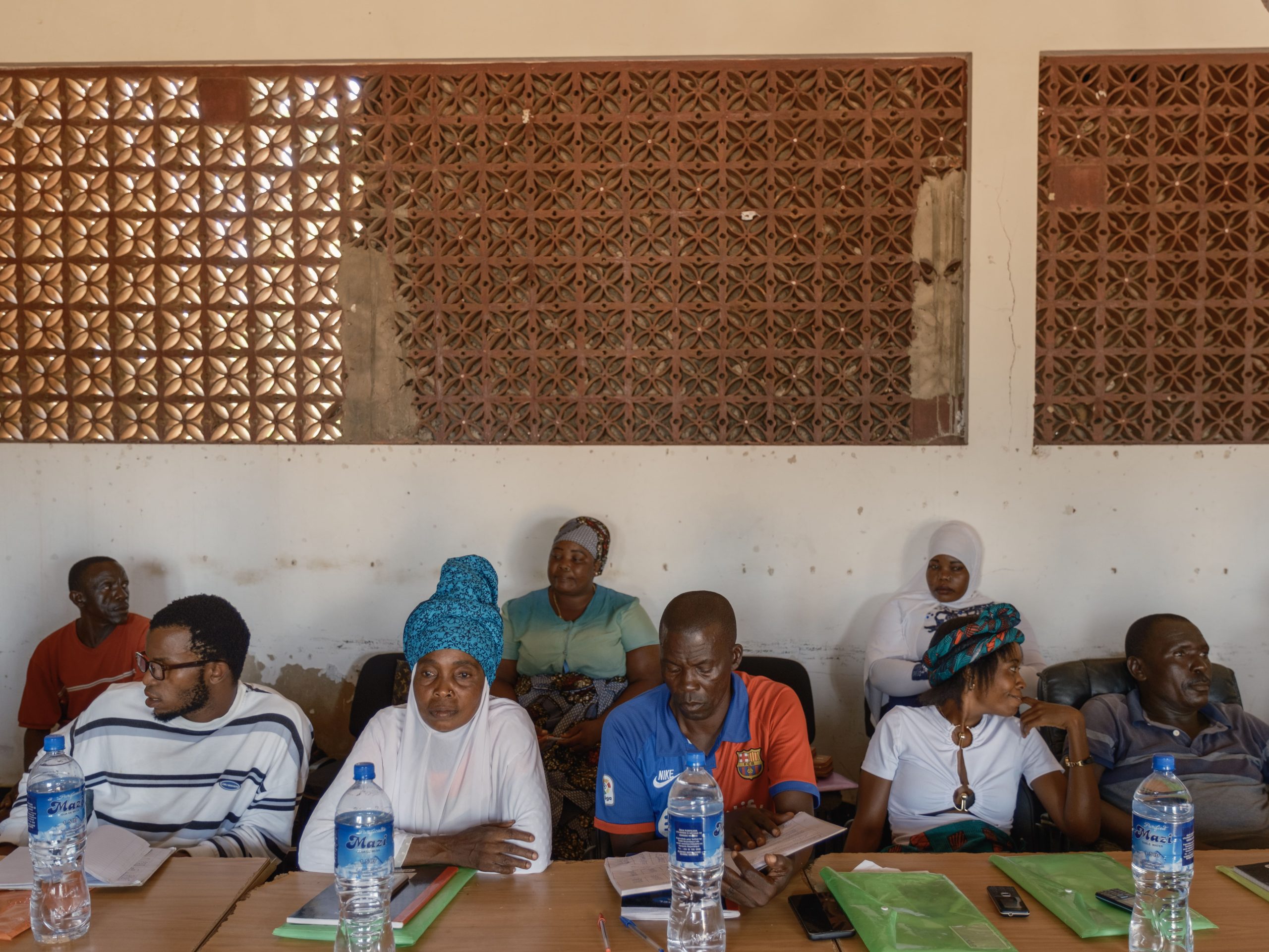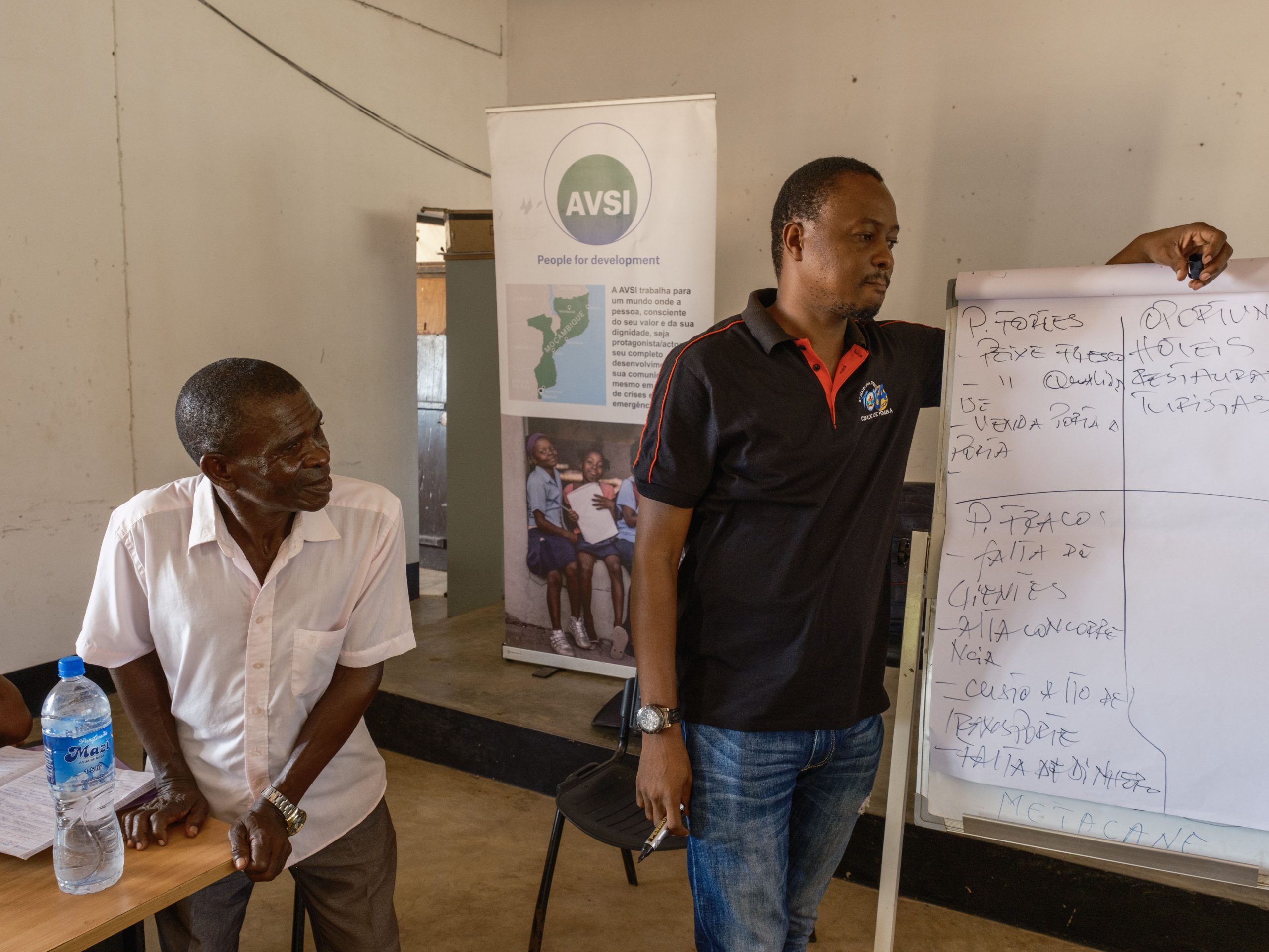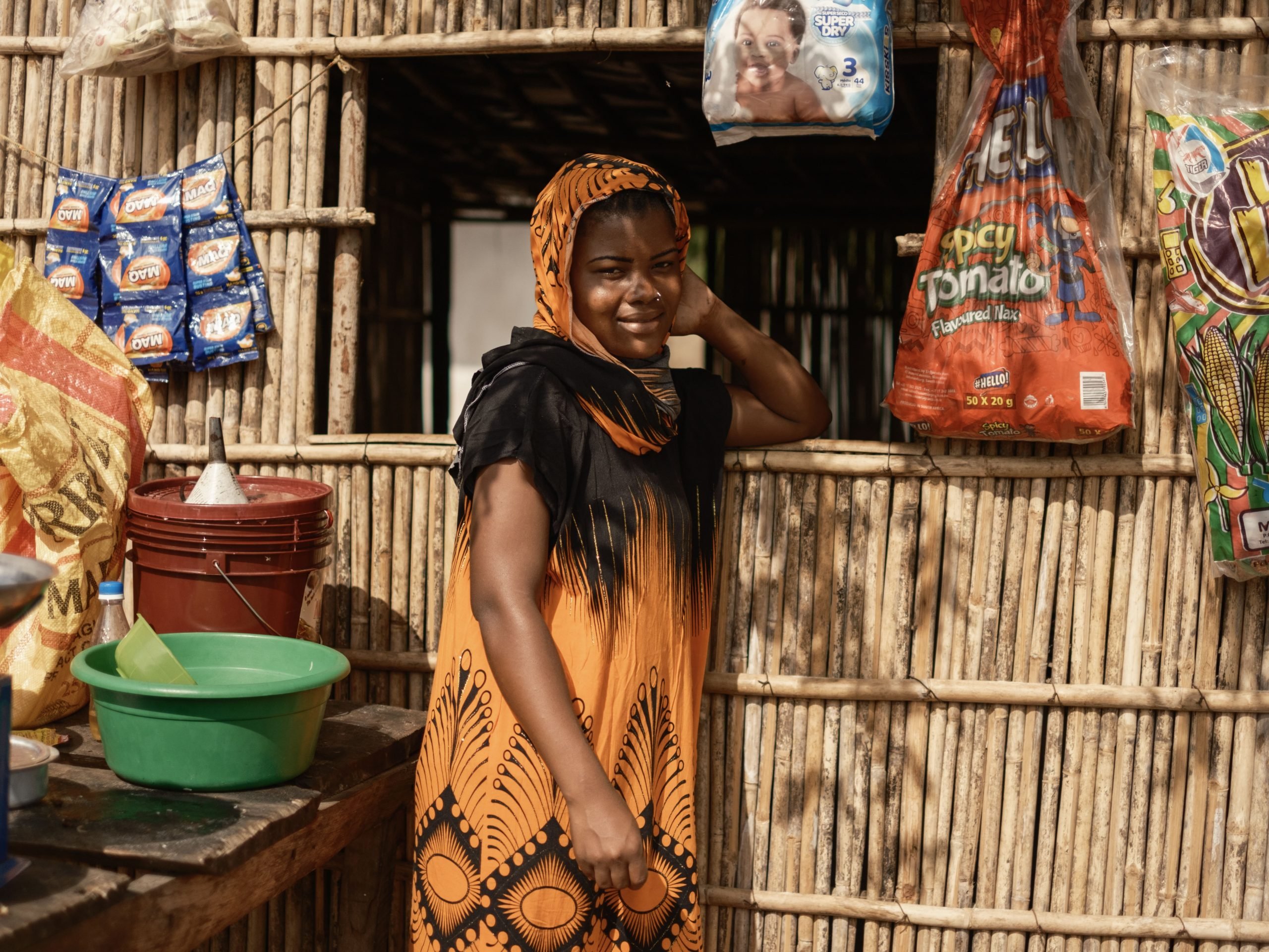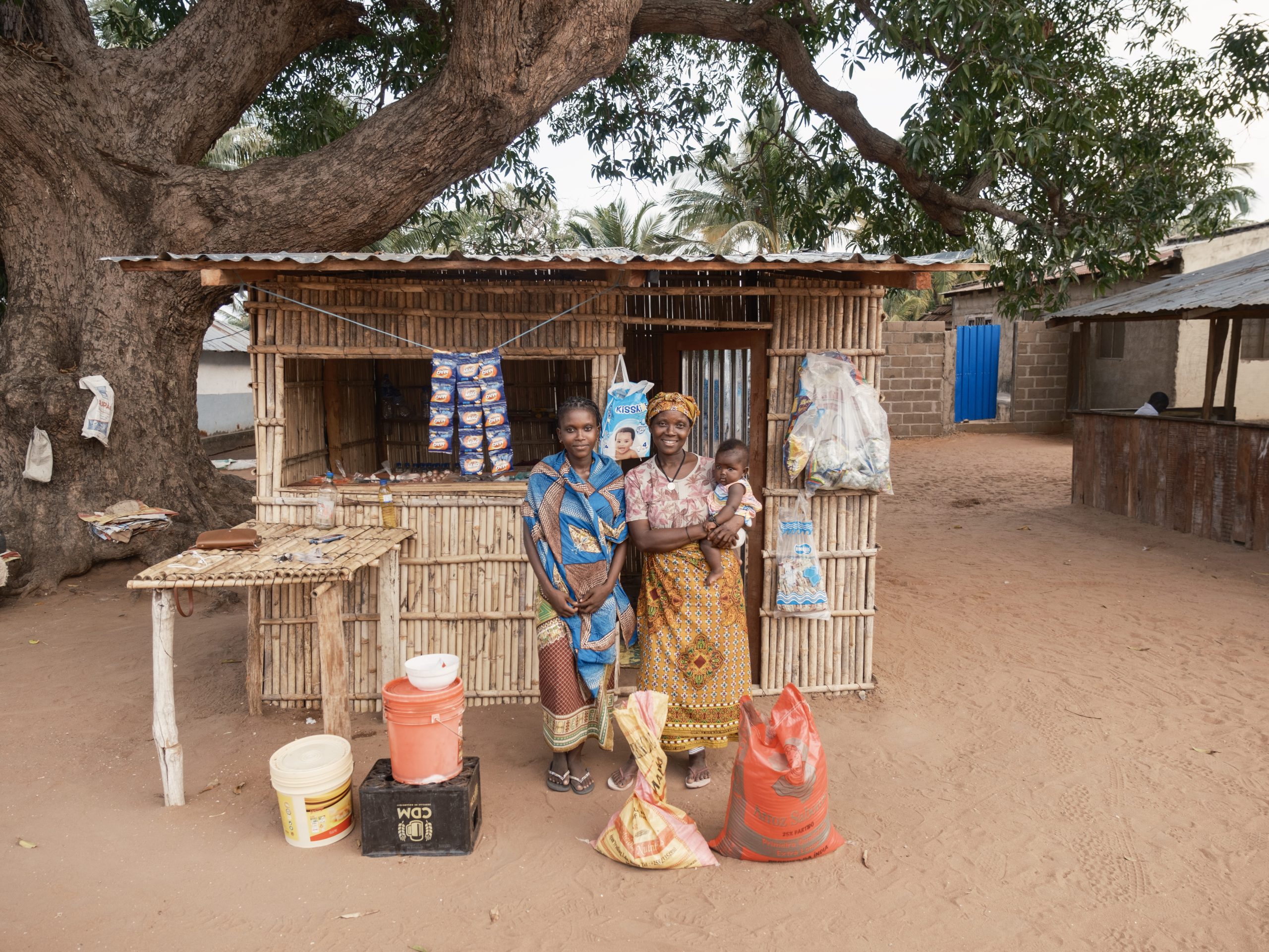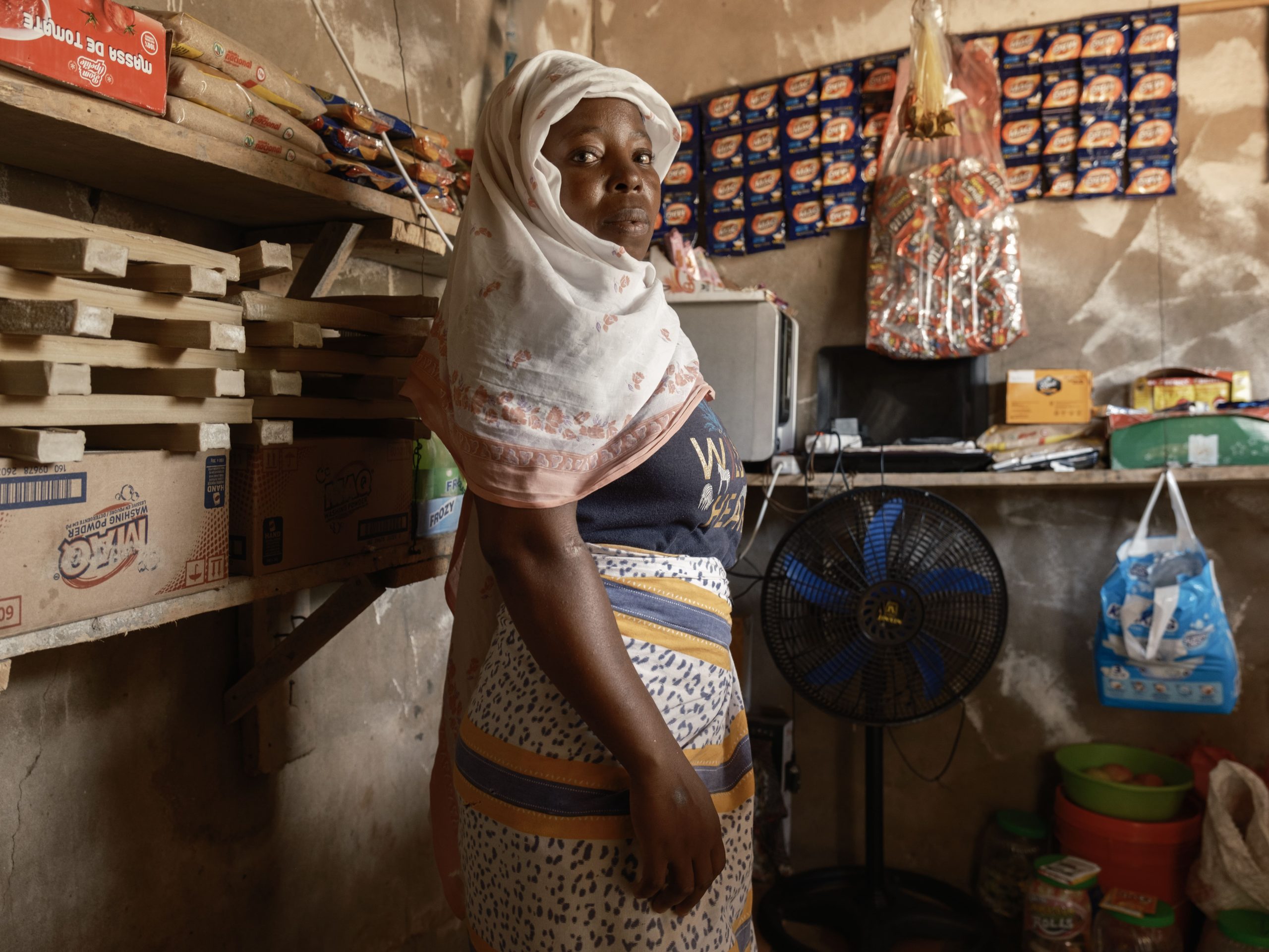Six years after the beginning of the conflict in Mozambique, numerous terrorist attacks of Islamic origin in the province of Cabo Delgado have led to over 830,000 internally displaced people, 4,000 deaths, and extensive damage to infrastructure such as schools, hospitals, roads, and homes.
In this context, the "Multi-Sector Strengthening" project on human rights protection and advocacy, economic strengthening, and response to the initial emergency (distributions, refugee shelter construction, management of refugee camps) is being implemented by AVSI with technical and financial support from UNHCR.
Through funds from GIZ (German cooperation) and African Development Bank (AfDB), the project aims to carry out activities focused on resilience and business development in the province of Cabo Delgado, specifically in the city of Pemba and the districts of Metuge and Mecufi.
Photographer Matteo Bastianelli's reportage recounts the actions and protagonists of AVSI's project in northern Mozambique
The project
AVSI and UNHCR are conducting a series of training courses to assist businesses and small entrepreneurs in managing a sustainable business. Specifically, through AfDB funds, the focus is on the fishing sector, where the government partner Pro Azul oversees the project at a general level by providing material and grants to fishermen. AVSI works on developing the business and interpersonal skills of workers within the artisanal fishing supply chain, teaching them how to interact externally and with their team in business activities and emphasizing the importance of protection-related issues, such as gender-based violence, children's rights, and human rights.
After the end of the post-colonial civil war in 1992, the northern region of Mozambique lagged behind the south in economic development and business activities. For this reason, the project, supported by GIZ funds, also works to support young people identified through protection and advocacy activities (young displaced individuals, victims of gender-based violence, persons with disabilities, or victims of discrimination). Through a training program that concludes with a non-repayable support of 30,000 meticais per beneficiary (just under 500 euros), the project creates conditions to start over 200 small businesses, benefiting both internally displaced individuals and the resident population in the city of Pemba. These diverse small businesses range from selling groceries to providing services. With this support, beneficiaries have been able to build their small shops, often made of bamboo and tin roofs, and purchase the necessary supplies to start their businesses. The monthly income varies from 30 to 300 euros of net profit and constitutes a first step towards economic independence, as well as tangible support in the budget of the devastated economy of thousands of families.
